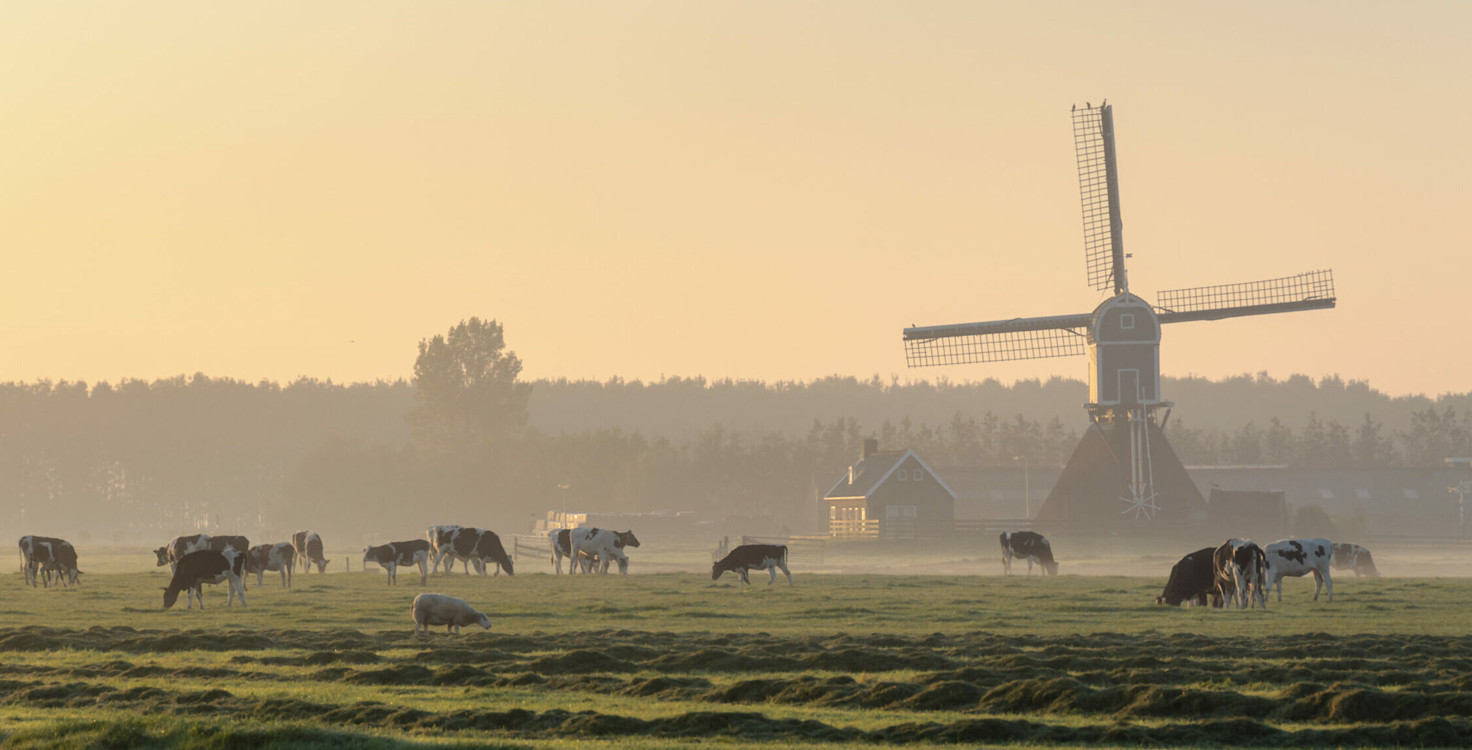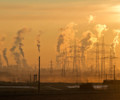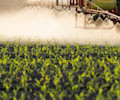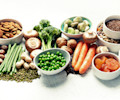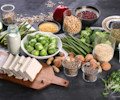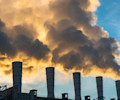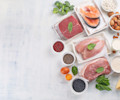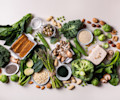The Netherlands has been called the “tiny country that feeds the world”. With over 100 million livestock, it is the largest meat exporter in Europe and the second-largest exporter of food globally by value after the United States.
On 15 December, the new Dutch coalition government announced that it was cutting livestock by a third to reduce nitrogen pollution from animal waste. The €25-billion plan will either offer to buy out farmers, relocate them, or resort to expropriation measures if farmers prove less than willing to sell. Although many farmers share the vision to clean up the environment, they naturally oppose the controversial expropriation measures.
Europe has a nitrogen issue, with regulators beginning to crack down. Spain, for example, was referred to the European Court of Justice by the EU Commission on 2 December 2021 for poor implementation of the Nitrates Directive. Germany and Belgium also have very high levels of nitrogen deposition, putting investors at risk of a regulatory crackdown. These drastic actions at both the national and supranational levels highlight the regulatory risk for investors channelling money into intensive animal farming operations.
Waste & Pollution is a key risk facing the global protein production industry. As highlighted in the Coller FAIRR Protein Producer Index 2021/22, European companies on average were ranked as ‘High Risk’ for the Waste and Pollution risk factor, along with all associated KPI’s. Given the growing regulatory risk surrounding waste and pollution in Europe and a lack of disclosure from companies, there is a material risk for those firms investing in European protein producers.
The threat of animal waste pollution stretches beyond Europe. In the US, slaughterhouses have been polluting waterways with excessive levels of nitrogen and phosphorous. In 2020, 18 facilities owned by JBS, Tyson and Smithfield discharged the equivalent amount of nitrogen as the raw sewage of 2.5 million people. Of the 34 facilities assessed, nitrogen and phosphorous discharge were more than 500% over the maximum allowable load, with some Tyson plants discharging 8,445% more than the nitrogen limit, and 12,000% of the phosphorous limit.
The Domino Effect
Tackling the nitrogen crisis through livestock reduction has the potential to create positive outcomes for other issues influenced by intensive animal agriculture. A reduction in livestock, for example, would see less nitrogen ending up in surrounding waterways, as well as a reduction in greenhouse gas emissions, deforestation, antibiotic use, and freshwater use. Many of these issues, however, transcend national borders; hence, the environmental benefits of this policy may be offset by practices overseas. There have been reports of Dutch farmers selling their farms and relocating to other countries, such as Denmark and Germany, where land is cheaper. For this reason, to achieve real-world outcomes, the focus needs to be shifted to reducing demand for conventionally produced animal protein. The Dutch public and private sectors could help achieve this by supporting the transition to alternative proteins, such as fermentation, plant-based and cultivated meat.
Alternative Protein– An Opportunity through Substitution
This proposal by the Dutch government has opened the potential for alternative proteins to fill the production gap. The government is becoming increasingly optimistic about the role that alternative protein could play in the future of protein production. The nitrogen crisis should, therefore, be seen as an opportunity for investors to encourage Dutch meat producers to shift production. This can help the Netherlands transition to a sustainable food production system, mitigate some of the risks that stem from regulation, and protect the environmental ecosystem.
The private sector in the Netherlands has been at the forefront of alternative proteins. The first-ever cultivated meat burger was created by Dutch Professor, Mark Post, in 2013. The country has since gone on to create several leading alternative protein companies, including cultivated meat company Mosa Meat (founded by Mark Post and in receipt of investments from Bell Food Group and Merck) and plant-based meat company Vivera (acquired by JBS in 2021 for €341 million).
Although farmers and their unions have supported the idea of tackling the nitrogen crisis at the regulatory level, they have reacted negatively to the idea of expropriation, questioning whether the government should be allowed to push farmers out of the land. The head of LTO, the largest farmers association in the Netherlands, has argued that “Big issues do not get resolved in the Netherlands through force or judicial measures. You can only solve them via consultation and mutual arrangements. That way, you become part of the solution”. Other farmers have called for the government to give them more time to innovate to reduce pollution levels on their farms, with one farmer adding “the problem does not go away when I go away, it goes to another country”.
The government has failed to release any details on the just transition or about supporting farmers financially. This policy shift is an opportunity for the government to capitalise on the benefits presented through alternative proteins, as well as support farmers forced out of the market to transition to alternative protein production. Investors should be prepared for greater environmental regulation of the animal protein industry, and an increase in the production of more protein alternatives.
FAIRR insights are written by FAIRR team members and occasionally co-authored with guest contributors. The authors write in their individual capacity and do not necessarily represent the FAIRR view.
